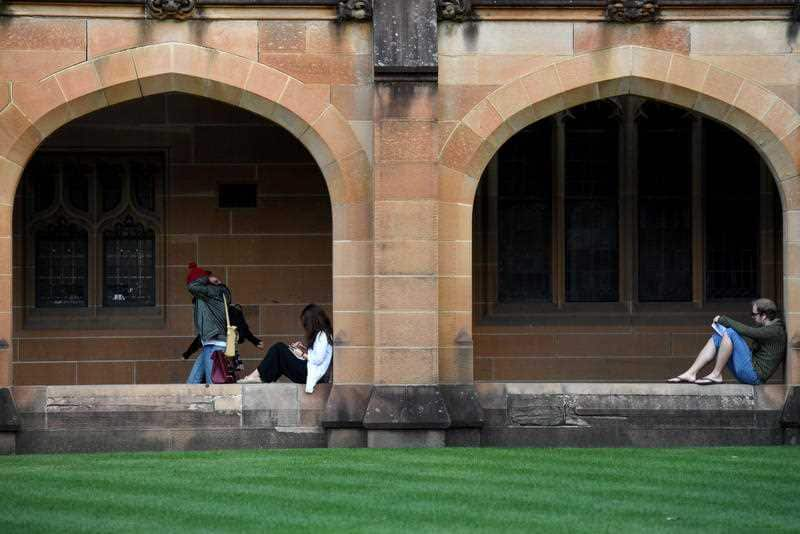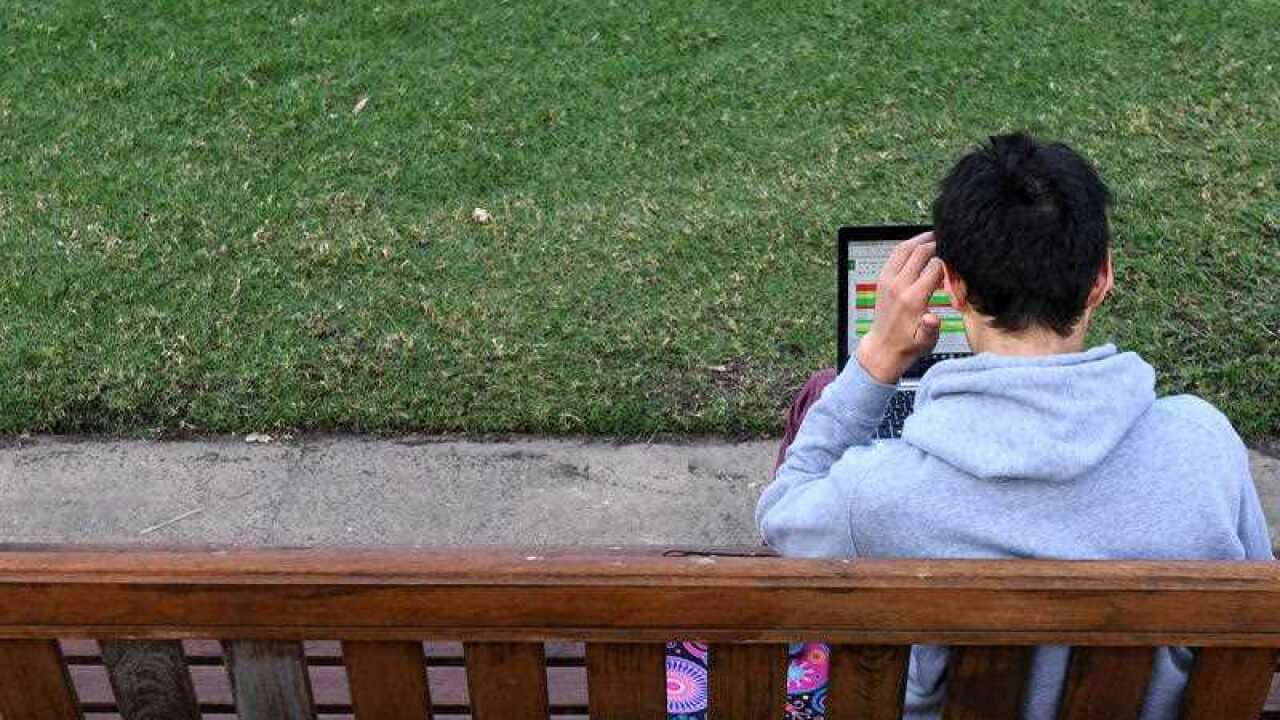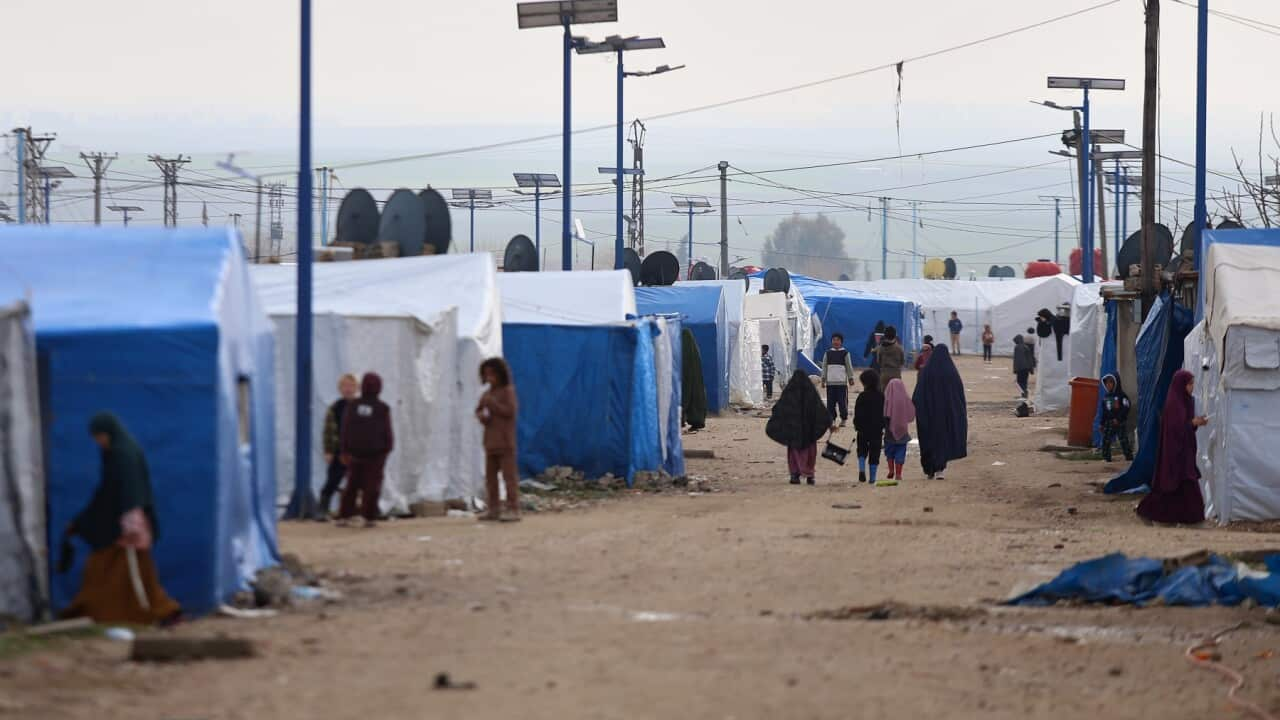Nitish Kumar of Sydney University has to leave classes many times for work.
"Sometimes the employer needs people so we could get some extra work. Any money that comes in is good. Hence we leave our classes sometimes. Although, we make up for them."
Kumar, who is doing his masters, says that most of the students face financial difficulties. A report by Universities Australian confirms this.

A new survey has found more and more Australian university students are going hungry.
The Universities Australia report has found about one in seven students in 2017 regularly went without food and other necessities because they could not afford them.
For regional students and those from low socio-economic backgrounds, that figure rises to one in five, while one-quarter of Indigenous students went without because of financial hardship.
Universities Australia chief executive Catriona Jackson says international students are also struggling. She said, "There are some additional pressures if you come from an overseas country. Think about it. They can't go home for dinner. So if you're a 17 or 18-year-old who is a bit short, in some cases you can pop home to mum or dad, or aunt and uncle, for the big Sunday night tea and that helps quite a lot. You can't pop home to Malaysia, China or Indonesia to have dinner with your parents. I think also there's a sense in which for international students these struggles are somehow just born within their communities. So it can be isolating."
The report has found the median annual income for full-time students is $18,300, with one-third of students estimating their living expenses exceeded their income.
One in three students surveyed also said they regularly missed university lectures and classes because they had to work.

Ms Jackson says many are forced to defer studies or reduce their course loads to cope. "Ten per cent of the students surveyed said they had deferred because of money problems. So they left their degree because of money problems. Around 20 per cent said they cut their load down to part-time because they couldn't keep studying full time. I mean surely what we want is for students to be able to make the most of that period in which their studying. So the challenge is spread right across the spectrum, from being concerned about what you can do in terms of being hungry, to working too much, to having to make those heart-breaking decisions about deferring your course or cutting it down to part-time because you just can't afford to keep on attending," Ms Jackson said.
Of the more than 18,500 students who took part in the survey, one-third of undergraduate students receive income support from the government -- such as Austudy, Abstudy and Youth Allowance. National Union of Students president Mark Pace says rising costs for students are making higher education less accessible.
Pace says, "A research report from UNSW (University of New South Wales) last year showed that a single student, the bare minimum they need to live is about $430 a week, whereas a single rate of Newstart currently is about $278. So there's a huge gap there between someone who's on income support and the poverty line. Also, what we need to do, we need to increase the rate of Newstart, increase the rate of other income support measures for university students so that they can complete their studies and they do have access to further opportunities with their qualifications."
Mr Pace says many university students are receiving an inadequate amount of income support from the federal government. He says that needs to change.
"Underemployment is rife, unemployment as well. Moreover, on top of that, we've seen a shift towards the punitive welfare system which rather than supporting our students through their university degree, in many circumstances they are hindering students by issuing them debt notices and working against supporting them throughout their university studies. So we certainly need to see some action taken by the federal government, and we need to see it urgently. Otherwise, we're going to see turmoil effectively at our universities."




